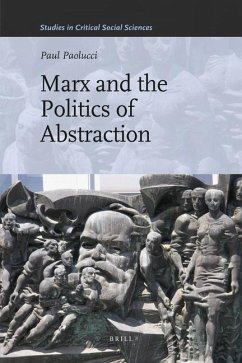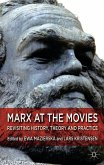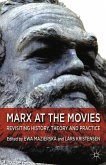Many scholars see science and politics as mutually exclusive realms, where the latter's influence contaminates former's purity. Karl Marx's critics often interpret him within this framework, where his value-laden judgments render his analysis of capitalism moot. Though defenders argue that Marx rejects an objective-subjective dichotomy, this book offers a different interpretation. Through the method of critique Marx examines problems and biases in putatively neutral forms of scientific knowledge, specifically models that fail to capture the relations of power and knowledge dominant in capitalist society. By incorporating these relations into his abstractions and tracing their historical movement, Marx's corrective to malformed approaches to scientific knowledge more readily lays bare capitalist society's exploitative and distortive nature. This book demonstrates these principles and applies them to conventional sociological methods, theories of religion, and class analysis.








